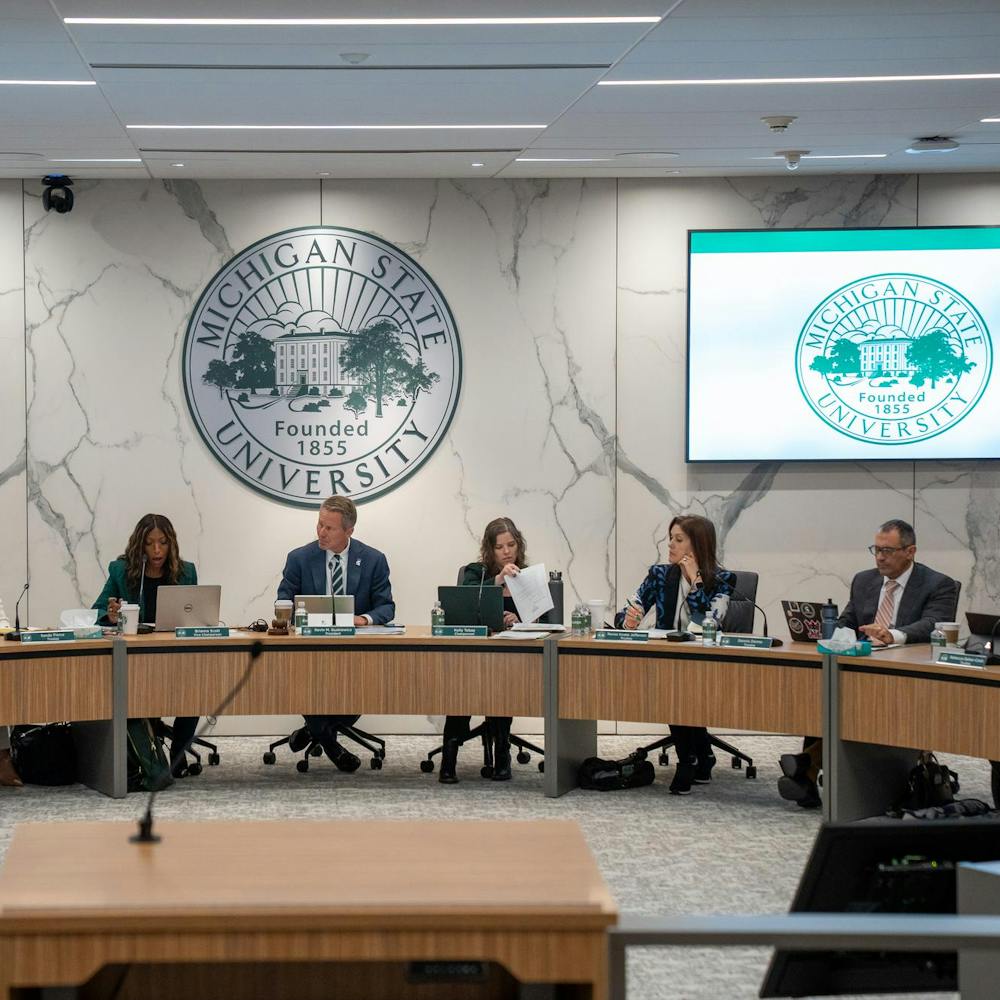We know that not all men perpetuate violence against women. But all women live with the threat of male violence, every day, all over the world.
This is the mentality behind the creation of the #YesAllWomen tag on Twitter, which became explosively popular after the University of California, Santa Barbara shootings.
I was astounded by how quickly the tweets poured in. For at least a half hour, I read through pages of tweets from brave women recounting personal sexual harassment and violent experiences.
It is both amazing and sobering that so many women are courageous enough to share their personal stories — but the sheer number of women who have experienced gendered violence in their life is alarming.
Another disturbing aspect about this tag is how some men are responding. With every trend or movement, it’s expected that there will be some dissenters. But this is a hashtag set aside specifically for people who identify as women, and it is ridiculous for men to invade and respond in defiance with “But not ALL men are like that!”
Not all women are saying all men are rapists and murderers.
For a man to invade a space designated for women, yet again, and complain about his own hurt feelings is selfish.
If you read thousands of women speaking out against their personal attackers or situations of oppression and your first reaction is to think about how you might be perceived, you are part of the problem.
They are immediately getting defensive about something no one actually accused them of.
A man just went on a killing spree and gunned down several people because of the entitlement he felt to women’s bodies. And some men inexplicably want to make the conversation about their own feelings.
Some even went so far as to make a counter hashtag, #YesAllPeople. Because God forbid we set up a space for women and exclude men, right?
I can understand the reaction behind it — they want to proclaim their support.
They want people to see there are men out there who care about women and are vehemently opposed to gendered violence.
But they actually are invalidating women’s experiences about men who are “like that.” They are making it harder for women to speak up by acting as a blockade to their expression.
We get it, you aren’t a rapist. You support women.
But you don’t get a cookie for being a decent person.
Show us. Don’t just tell us.
Show us by defending women instead of defending yourself. Show us by stopping harassment when you see it or speaking out against aggressors.
Show us by reading testimonies of women who have survived violence. Just listen. Don’t defend or invalidate.
Show us by saying “I’m so sorry you had to deal with that. You are brave for sharing your story,” and empathizing with women, instead of getting defensive and trying to discredit the stories being shared, or discrediting the shooting altogether by blaming it on one disturbed man.
The UCSB shooter did have some problems and it has been reported he was on the autism spectrum.
But autism does not make a person murder six people.
Blaming his autism is harmful to others who suffer from it and only adds to the stigma behind mental illness.
Saying the shooter was crazy is just a neat way of saying misogyny is an individual problem, not a cultural one.
The shooter’s family was very wealthy and he had access to the best mental health care around.
Misogyny is a cultural illness, and a deadly one at that.
People also try to discredit the shooting because he killed men, too.
Yes, he killed men — but the reason he killed men is because they were benefiting from something he felt he was entitled to but could not obtain: women. Those killings still are rooted in his misogyny.
So instead of complaining, distracting from an important conversation, or discrediting an obvious hate crime against women: listen, and try to understand.
Show us that all men aren’t like that by respecting women yourself and encourage others to do the same. Every day, in every way you can.
Olivia Dimmer is a State News reporter. Reach her at odimmer@statenews.com.







